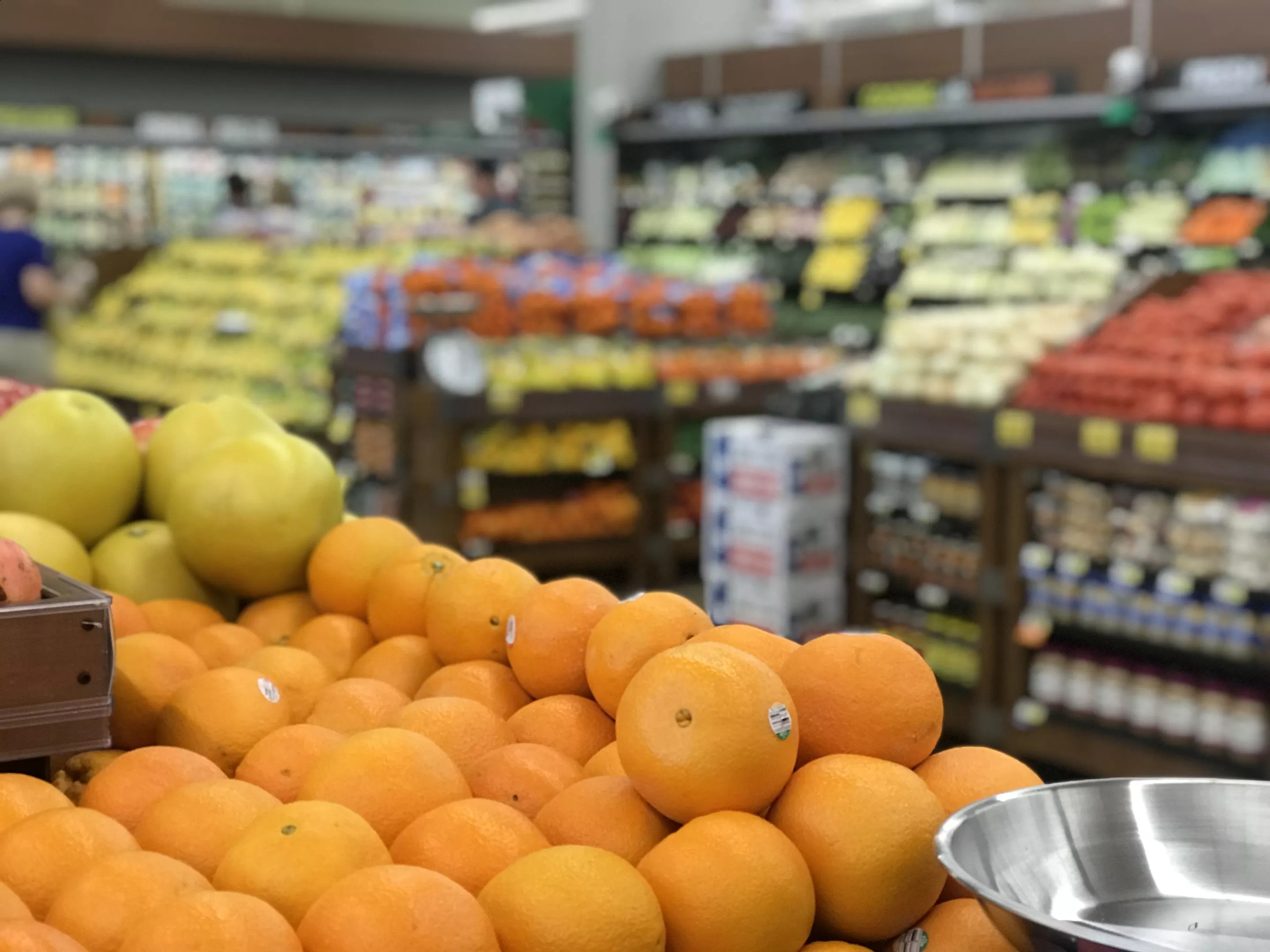
Beth Rankin

Audio By Carbonatix
Supplemental nutrition assistance program (SNAP) benefits are once again being targeted by Republican lawmakers. In Texas, state officials are ushering forward a ban on purchasing soda using food stamps, and national leaders have passed a budget resolution that could slash a significant amount of the funding allocated to the program.
According to data released by the North Texas Food Bank and Feeding Texas, more than 185,460,000 meals were purchased in Dallas County using SNAP benefits in 2024. Collin County families were able to purchase 25,600,000 meals last year, and Rockwall County recipients purchased more than 3,226,000.
But the consequence of slashed SNAP benefits won’t just be families going hungry, the organizations warn.
The numbers show that every dollar given to North Texas families for food assistance played a massive role in the economy last year, totaling a 54% return on investment. Statewide, $6.97 billion was distributed to families in 2024, generating $10.73 billion in economic activity.
“Families who participate in SNAP to put food on the table would not be the only Texans harmed by the steep cuts that are being proposed,” Celia Cole, CEO of Feeding Texas, said in a statement. “Retailers, farmers, workers and communities across our state all participate in a highly interconnected economic ecosystem and would feel the impact of SNAP cuts. If current proposals move forward, hungry families will suffer, food businesses will suffer, and our overall economy will be weaker.”
Using the USDA’s SNAP Multiplier Report, the organizations estimate that 8,677 jobs in Dallas County are supported by the SNAP economy.
Trisha Cunningham, president and CEO of the North Texas Food Bank, said that any cuts to the SNAP program would negatively coincide with a dramatic spike in demand being noticed by food assistance groups. Cunningham said the current demand across North Texas food pantries is reaching peak-pandemic level.
Despite the warnings of food assistance advocates, the House of Representatives passed a budget resolution on Tuesday that will slash $2 trillion in mandatory spending, which includes SNAP and Medicaid. It is currently unknown the extent to which SNAP benefits will be affected by the budget cuts.
Taking a Stab at SNAP
Multiple states are introducing legislation that would ban sodas, candy and other foods deemed unhealthy from SNAP purchases. Texas Congressman Keith Self, whose district includes McKinney, filed the Funding is Zero for Zero Nutrition Options, or NO-FIZZ, Act, in January.
“SNAP was originally created to help the poorest Americans access nutritious food,” Self said in a press release announcing the bill. “Allowing taxpayer dollars to subsidize sugary sodas, which offer zero nutritional value and contribute to costly health conditions, is counterproductive.”
But anti-hunger advocates have pointed to studies that show junk food is consumed by Americans across all social classes, and implementing a ban on everyday items like soda or chocolate could further the stigma surrounding food assistance.
The idea of banning certain types of foods from SNAP payments has been tried out before over the last two decades with little success, but the appointment of Robert F. Kennedy Jr. to the Trump administration could signal a new wave of support for the change.
Kennedy – the ringleader of the budding “Make America Healthy Again” movement – has spoken out against the federal food assistance program, which offers billions of dollars to millions of American families. According to the 2008 Food and Nutrition Act, SNAP benefits can currently be used for “any food or food product intended for human consumption,” except alcohol, tobacco and hot foods, including those prepared for immediate consumption.
As Health and Human Services Secretary, Kennedy has signaled interest in expanding that list to include any processed foods.
“We shouldn’t be subsidizing people to eat poison,” Kennedy told Fox News host Laura Ingraham earlier this month.